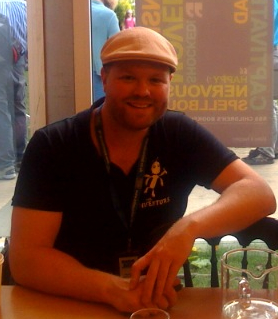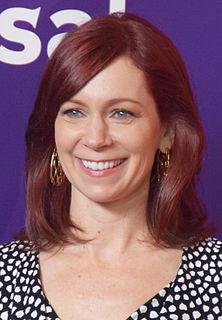A Quote by Carlisle Floyd
It's necessary to track characters all the way through an opera. If you're dealing with more than one or two characters, it's very easy to forget that the others have lives of their own that feed into the story.
Related Quotes
As we grow older, we should learn that these are two quite different things. Character is something you forge for yourself; temperament is something you are born with and can only slightly modify. Some people have easy temperaments and weak characters; others have difficult temperaments and strong characters. We are all prone to confuse the two in assessing people we associate with. Those with easy temperaments and weak characters are more likable than admirable; those with difficult temperaments and strong characters are more admirable than likable.
I think that I write much more naturally about characters in solitude than characters interacting with others. My natural inclination - and one that I've learned to push against - is to give primacy to a character's interior world. Over the three books that I've written, I've had to teach myself that not every feeling needs to be described and that often the most impactful writing more elegantly evokes those unnamed feelings through the way characters speak and behave.
Gettting to know your characters is so much more important than plotting. Working out every detail of your story in advance, especially when you don't yet know your main characters, always seems a little too much like playing God. You're working out your characters' lives, their destiny, before they've had a chance to discover who they are and what kind of people they want to be.
I think up to this point, it's been difficult to suggest a world where Batman and Superman and Wonder Woman and others could exist in the same universe. That was one of the things I really wanted to try and get at. Not to mention, the amazing opportunity to bring those characters and have those characters tell an important story, their own story, within the confines of a film.








































